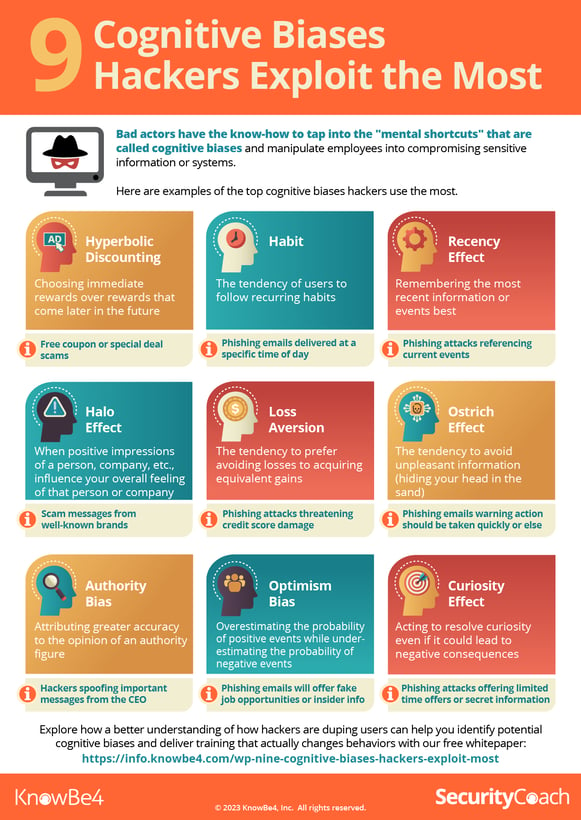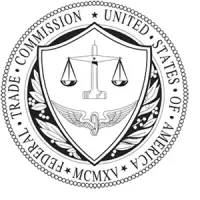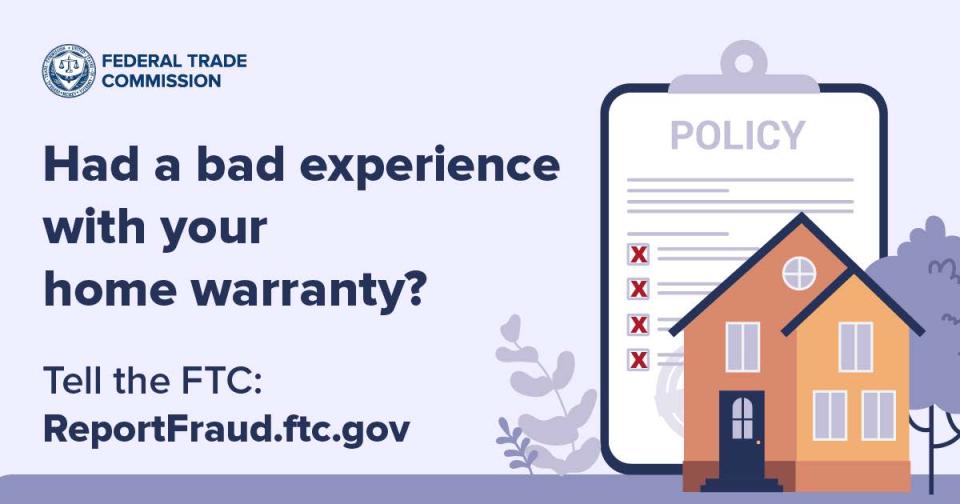FTC Consumer Response Center 1-877-382-4357
Cybersecurity is not just a technological challenge, but increasingly a social and behavioral one. People, no matter their tech savviness, are often duped by social engineering scams, like CEO fraud, because of their familiarity and immediacy factors.
Scammers trying to rip you off will often impersonate organizations or government agencies you know. Some even pretend to be from the Federal Trade Commission. But how can you know if it’s the FTC or if it’s a scammer impersonating the FTC?
Some common questions we get are “Should I click on an unwanted email’s ’Unsubscribe’ link? Will that lead to more or less unwanted email?”
Tax scams are starting a bit earlier this year. The IRS is already issuing warnings to taxpayers to be on the lookout for tax scams. The specific ones they are concerned with are SMS/text messaging (smishing) scams.
When big things in your home break — like your dishwasher or air conditioning system — they can cost lots of money to fix. Some people buy “home warranties” (which are really service contracts) to help cover these costs. But what exactly is a so-called home warranty?
Smart devices can be an attractive target for malicious actors but are they secure enough to withstand attacks against them?
Any devices connected to the internet – including connected electric vehicles (EVs), internal combustion engine cars (ICE) or EV chargers – can, and are, being hacked.
We love social media these days. Facebook, Snapchat, Twitter, LinkedIn, and many others can lead to lots of sharing and fun, but also carry significant risks. This is particularly true now that cybercriminals are collating data and using it against us for targeting phishing attacks.
In yet another WhatsApp hacking scam, Android mobile users are being targeted by fake messages from scammers. It’s what the messages can do that’s the problem, and WhatsApp users are being warned to be on the lookout.
Someone knocks on your door or calls you. They say they can fix your leaky roof, put in new windows, or install the latest energy-efficient solar panels. They might find you after a flood, windstorm, or other natural disaster. They pressure you to act quickly and might ask you to pay in cash or offer to get you financing.
Since at least October of 2022 the FBI has noticed an uptick in scams related to technical support. The scammers will pretend to be a company that is offering a technical support service that now wants to refund some money to you for a past service.
A money mule scam is when someone sends money to you and asks you to send a portion of it to someone else. They often ask you to use gift cards or wire transfers. The money they are providing you is likely stolen. Drug and human trafficking are also common sources of the money, and they're lying about the reason they need you to send it.
Over the years, gift cards have become an enormous “go to” way of giving. Mageplaza found the purchase of gift cards this year will reach nearly $450 billion globally. And like many things involving monetary value and being human, cyber-scammers are exploiting gift cards for profit.
Many of us have likely gained the COVID-19 pounds or some weight over the past year. Scammers on Facebook are taking advantage of those of us wanting to shed the extra bacon. A scam that has actually been around for many years is resurfacing.
Two U.S. men have been charged with hacking into the Ring home security cameras of a dozen random people and then “swatting” them — falsely reporting a violent incident at the target’s address to trick local police into responding with force.
This year’s top scams are bigger and better than ever. Phishing scams hit new heights during the pandemic and show no signs of slowing down. The FBI’s Internet Crime Complaint Center (IC3) received over 2.1 million complaints from scam victims last year.








/cloudfront-ap-southeast-2.images.arcpublishing.com/nzme/DFBHFVWHCFEALCW4IHOHRUFABM.jpg)







